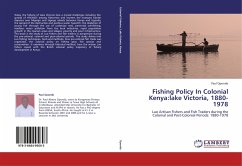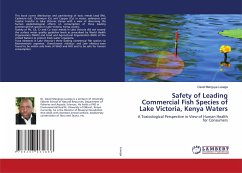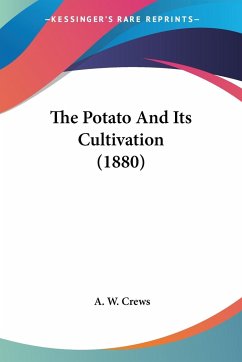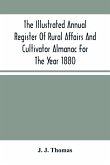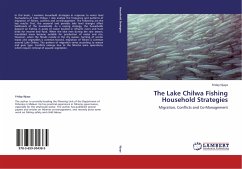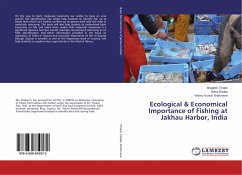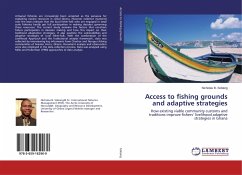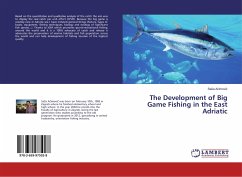Today, the fisherie of Lake Victoria face a myriad challenges including the spread of HIV/AIDS among fishermen and women, the incessant border disputes over Migingo and Ugingo islands between Kenya and Uganda, the spread of the destructive and perilous water hyacinth, the depletion of young fish through the use of undersize nets, perennial overfishing, insidious water pollution from the local industries, rapid population growth in the riparian areas and villages, poverty and poor infrastructure. This book is the study of Luo fishers and fish traders in perspective during the pre-colonial, colonial and post-colonial periods. The study delves into Luo fishing techniques, tools and methods, how pre-colonial fish trade was organized, the colonial policy on fishing gear, fish species and conservation. It examines through historical method, how the artisan Luo fishers coped with the British colonial policy trajectory of fishery development in Kenya.
Bitte wählen Sie Ihr Anliegen aus.
Rechnungen
Retourenschein anfordern
Bestellstatus
Storno

